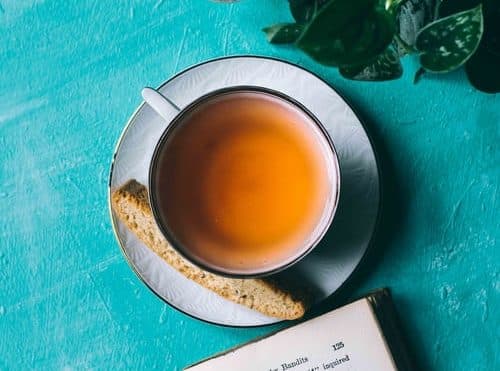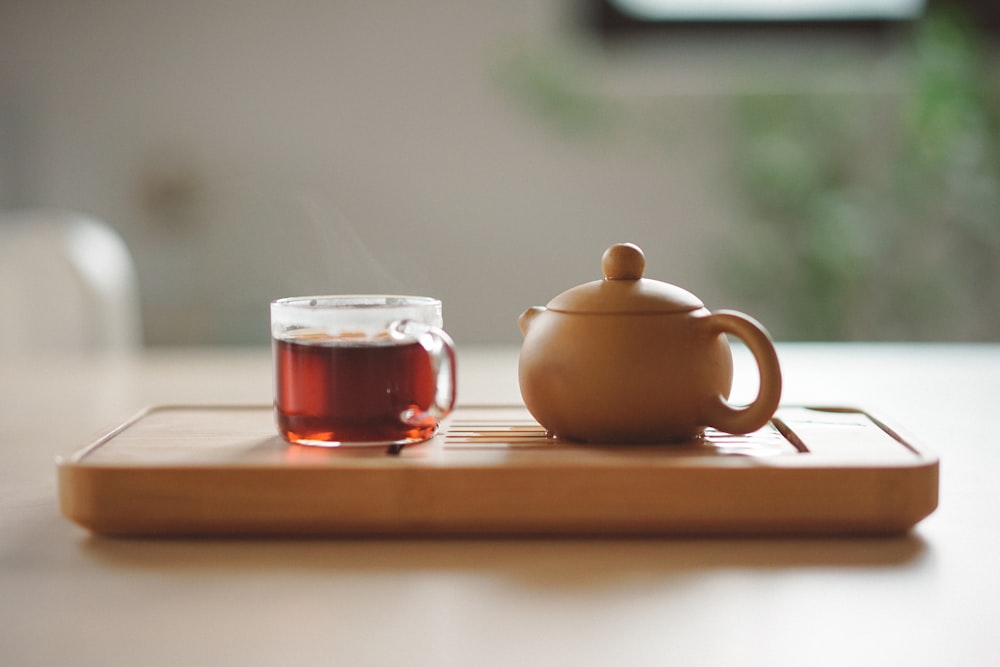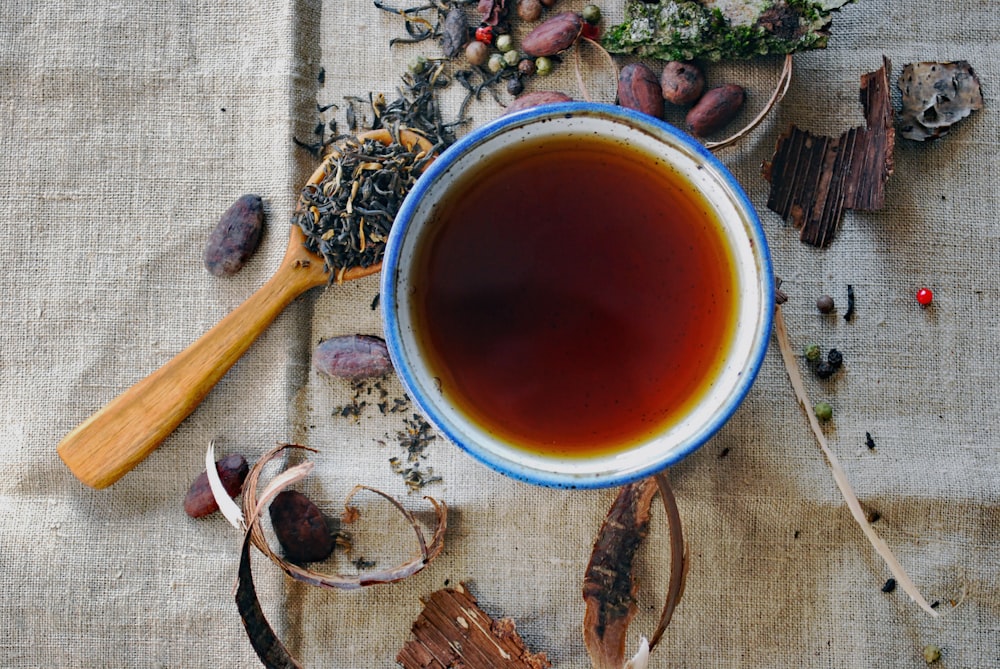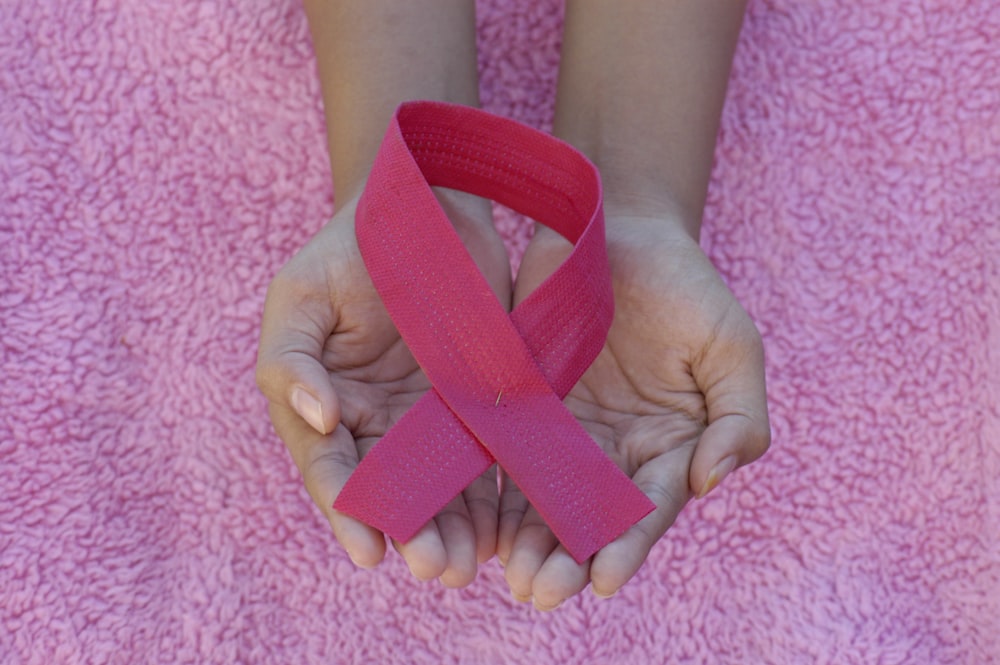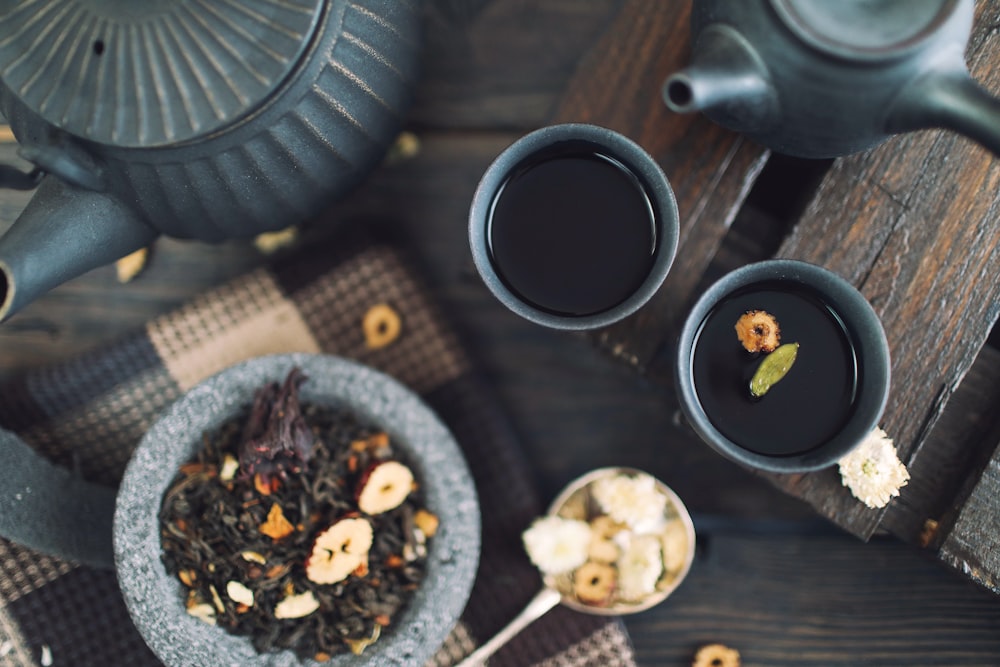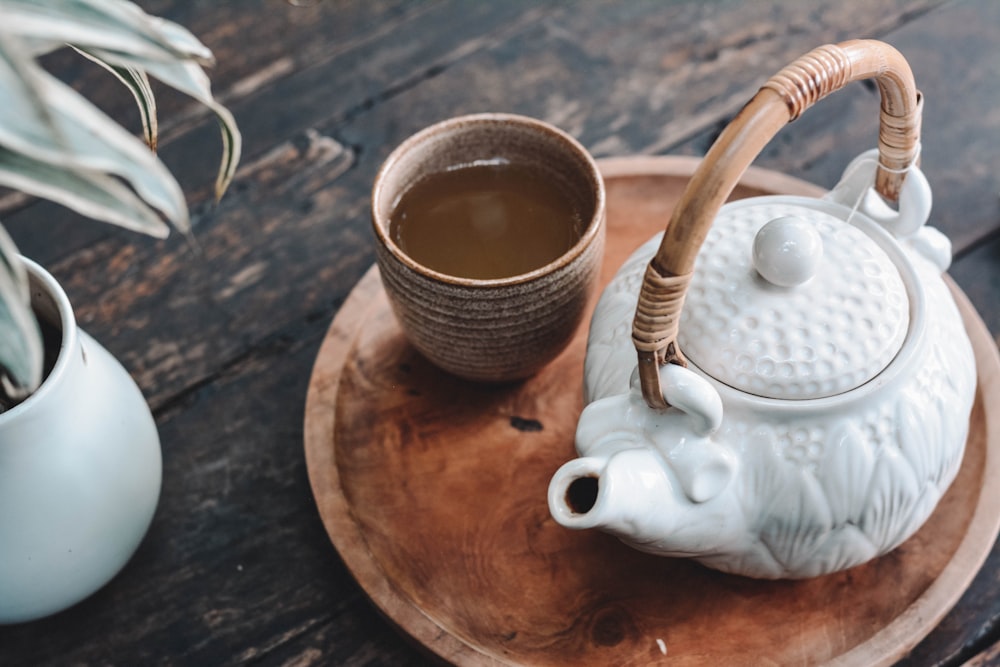Tea is one of the most popular beverages, aside from coffee. If you need a daily caffeine fix, read our article discussing how much caffeine we should consume. From weight loss benefits, heart healthy benefits and cancer fighting properties, drinking a cup of tea a day can be a beneficial to the human body. However, is there a limit to drinking too much tea? Here is a compilation of positive and negative effects of drinking tea every day. But before we jump into it, here is a brief history on the origins of tea as we know it today.
The origins of tea
Tea drinking has been present in China several centuries before reaching the west. Tea originated from China in 2737 B.C when leaves blew from a tree Chinese emperor Shuen Neng was sitting under, into his cup of boiling water. This tree was Camellia sinensis, and is now more commonly known as tea. Since then, containers of tea can be found in tombs dating from the Han dynasty but it was only during the Tang dynasty where tea was formally declared as the national drink of China.
How did tea reach other countries?
- Japanese Buddhist monks who studied in China brought tea back to Japan. Tea drinking soon became a huge part of Japanese culture.
- In the 16th century, the Dutch utilized Portuguese trading routes to the east to bring back tea to Holland where it spread around Europe.
- Despite the popularity of English tea, the English were one of the last to hop on this continental trend. It was only the marriage of Charles II to Catherine of Braganza, a Portuguese princess with a tea addiction who spread her love for tea around England.
Effects of drinking tea
Tea may cure insomnia
Traditional East Asian Medicine prescribes certain herbal teas to cure insomnia. A study published by PMC tested a group of 40 patients with mild to moderate insomnia and split them into two groups, with one serving as a control group. The test group consumed a type of herbal tea, (Christina Loosestrife Tea) twice a day for a period of 4 weeks. Outcomes assessed using Insomnia Severity Scale, Pittsburgh Sleep Quality Index, and 12 – item Short Form Health Survey concluded that a 4 week treatment with HT002 herbal tea may reduce the severity of insomnia.
Tea can aid your weight loss
Instead of getting a sugary cup of coffee topped with whipped cream and caramel, opting for a cup of regular tea can help save up to 450 calories. A study published in the Journal of Nutrition found that catechins in green tea is able to enhance exercise and boost abdominal fat loss in overweight adults. However, make sure that you aren’t adding condiments such as sugar, honey, or milk as an overconsumption of those condiments can lead to a weight gain.
Tea could protect you from certain cancers
According to 1Source, Epigallocatechin Gallate is a phenolic antioxidant found in a number of plants such as green and black tea. It inhibits cellular oxidation and prevents free radical damage to cells and is currently under study as a potential cancer chemopreventive agent.
Breast cancer: A study published in the National Center for Biotechnology Information (NIH) aimed to find out the correlation between drinking green tea and breast cancer malignancy. Their results showed that an increased consumption of green tea (below four cups or more than five cups a day) correlated to a decrease in stage one and two breast cancer.
Prostate cancer: A study conducted among men in three geographical areas of Canada aimed to find out risk of prostate cancer from alcohol and other beverage use. Results showed that coffee and cola intake had no effect on prostate cancer, however a decrease in risk can be observed from men who consumed more than 500g of tea per day.
Lung cancer: A study published in the National Library of Medicine investigated the correlation between the risk of lung cancer in cigarette smoking men and the consumption of tea and coffee. The study concluded that those who drank coffee had no effect on lung cancer where else those who drank two or more cups of black tea per day reduced the risk of cancer.
Pancreatic and colorectal cancers: A study published on PubMed discussed aimed to investigate how the consumption of green tea affects the risk of pancreatic and colorectal cancers. Numerous animal studies and epidemiologic investigations have supported this theory and a recent study in Shanghai concluded that consuming green tea may lower the risk of these cancers.
Tea reduces inflammation
Green tea contains catechin EGCG (epigallocatechin-3-gallate) has anti- inflammatory effects. Studies involving animals and humans provide evidence that EHCH “surpresses gene and / or protein expression of inflammatory cytokines and inflammation related enzymes,” according to a study published by Pub Med. This function is “beneficial against cardiovascular diseases, diabetes, cancer, and neurodegenerative diseases”, according to popular health and wellness magazine, Eat This, Not That!
Tea can give you yellow teeth
Acid and tannins in tea can give teeth a yellow hue if drank daily. Tannin is a plant based compound that makes it easier for stains to stick to teeth, hence causing discoloration. Acids on the other hand, make tooth enamel softer and rougher, hence easier for stains to set in. Black teas in particular are the biggest culprits for tooth discoloration.
Tea may help us develop stronger bones
Tea is found to contain nutrients that stimulates bone formation and slow its breakdown, hence serving as protection against osteoporosis. A study published in the Journal of Agriculture and Food Chemistry showed that catechin EGC or epigallocatechin has positive effects on bone growth.
Teas may contain traces of heavy metal
News alert! Heavy metals such as lead, arsenic, cadmium, and mercury may be found in brewed teas. According to a study, tea leaves originating from China contained traces of heavy metals. Contaminants in the tea could be related to being grown and harvested in close proximity of coal fired power plants, according to researchers in the Journal of Toxicity aiming to explain the presence of heavy metal in tea leaves.
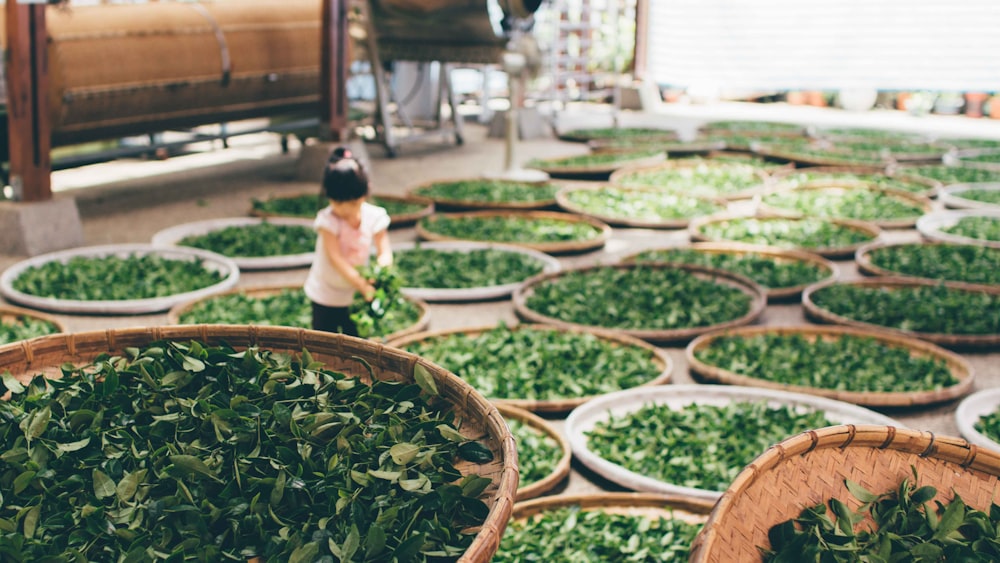
References:
Chun, Hay Ko, et al. “Effects of Tea Catechins, Epigallocatechin, Gallocatechin, and Gallocatechin Gallate, on Bone Metabolism.” Journal of Agricultural and Food Chemistry, 2009, https://pubs.acs.org/doi/10.1021/jf901545u. Accessed 29 December 2020.
Eat This, Not That! Side effects of drinking tea, 14 December 2020, https://www.eatthis.com/side-effects-drinking-tea/. Accessed 29 December 2020.
“Green Tea Catechin Consumption Enhances Exercise-Induced Abdominal Fat Loss in Overweight and Obese Adults.” The Journal of Nutrition, vol. 139, no. 2, 2008, pp. 264-270, https://academic.oup.com/jn/article/139/2/264/4750912. Accessed 29 12 2020.
National Library of Medicine. “Alcohol and other beverage use and prostate cancer risk among Canadian men.” 1998. Alcohol and other beverage use and prostate cancer risk among Canadian men, https://pubmed.ncbi.nlm.nih.gov/9833763/. Accessed 29 December 2020.
National Library of Medicine. “Anti-inflammatory Action of Green Tea.” Anti-inflammatory Action of Green Tea, vol. Pub Med, 2016, https://pubmed.ncbi.nlm.nih.gov/27634207/. Accessed 29 December 2020.
National Library of Medicine. “Consumption of tea and coffee and the risk of lung cancer in cigarette-smoking men: a case-control study in Uruguay.” Pub Med, 1998. Consumption of tea and coffee and the risk of lung cancer in cigarette-smoking men: a case-control study in Uruguay, https://pubmed.ncbi.nlm.nih.gov/9567246/. Accessed 29 December 2020.
National Library of Medicine. “Green tea consumption and the risk of pancreatic and colorectal cancers.” Pub Med, 1997. Green tea consumption and the risk of pancreatic and colorectal cancers, https://pubmed.ncbi.nlm.nih.gov/9033623/. Accessed 29 December 2020.
National Library of Medicine. “Influence of drinking green tea on breast cancer malignancy among Japanese patients.” 1998, https://pubmed.ncbi.nlm.nih.gov/9600118/. Accessed 29 December 2020.
1Source. “Caffeine: How much should you drink.” Caffeine: How much should you drink, 30 September 2020, https://1source.com/holistic/caffeine-how-much-should-you-be-drinking. Accessed 29 12 2020.
1Source. “Camellia Sinensis.” Camellia Sinensis, https://1source.com/ingredients/camellia-sinensis. Accessed 29 December 2020.1Source. “Epigallocatechin-3-Gallate.” https://1source.com/ingredients/epigallocatechin-3-gallate. Accessed 29 December 2020.
1Source. “Tannin.” Tannin, https://1source.com/ingredients/tannins. Accessed 29 December 2020.UK Tea & Infusion Association. “The History of Tea.” The History of Tea, https://www.tea.co.uk/history-of-tea. Accessed 29 December 2020.
US National Library of Medicine. “Effect of Traditional East Asian Medicinal herbal tea (HT002) on insomnia: a randomized controlled pilot study.” Integrative Medical Research, 2018. Accessed 29 December 2020.
Web MD. “Foods and Habits That Stain Your Teeth.” https://www.webmd.com/oral-health/features/foods-stain-teeth-feature#1. Accessed 29 December 2020.

